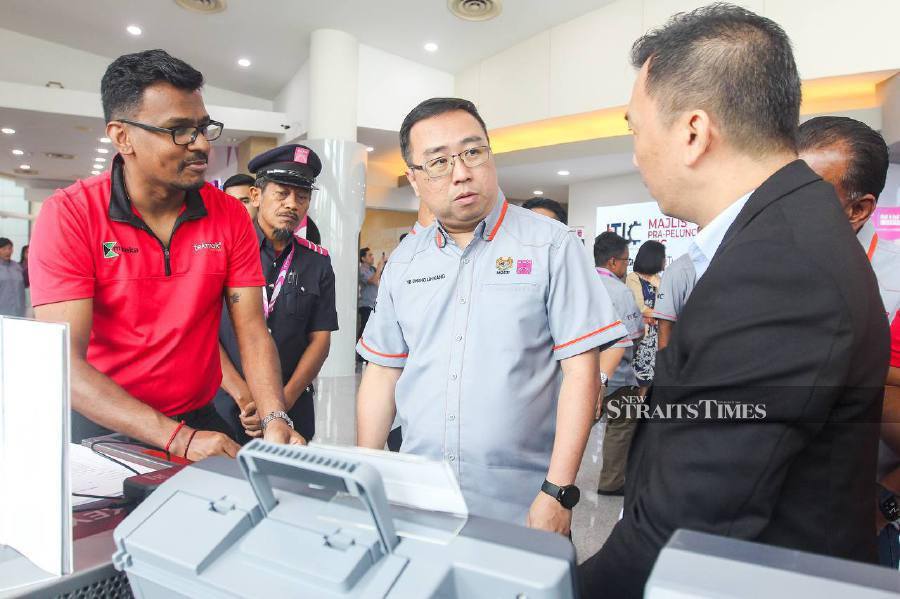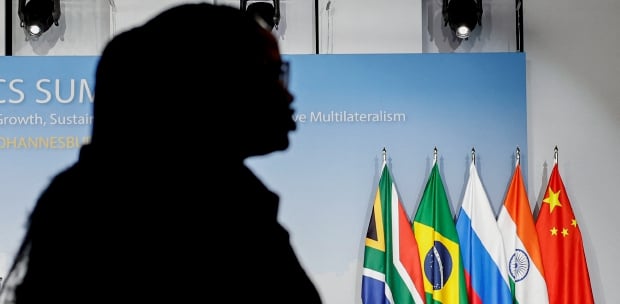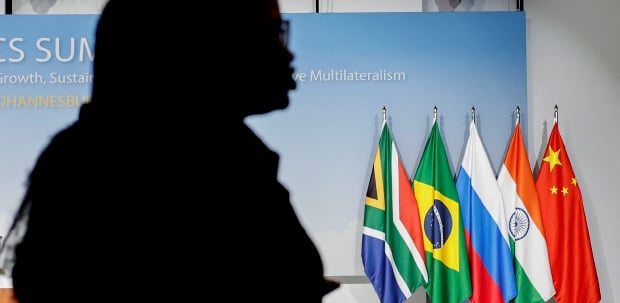KULIM: Malaysia's potential entry into BRICS (Brazil, Russia, India, China, and South Africa) will not affect the country's electrical and electronics (E&E) sector amid the United States (US)-China tensions.
Science, Technology, and Innovation Minister Chang Lih Kang said that research and development in the field, particularly involving semiconductors, will benefit from the multilateral cooperation.
He said that should Malaysia become a BRICS member, it would still maintain neutrality between the US and China.
"BRICS encompasses nine countries, representing roughly 45 per cent of the world's population. This is a very large market, and we hope to gain access to this market.
"Not only Malaysia, but more and more countries, including the United Arab Emirates (UAE) and Saudi Arabia, are looking at joining BRICS. So, saying we are shifting from neutrality by joining BRICS is not true.
"So, I don't see joining BRICS as shifting from neutrality. We are still neutral but we aim to join BRICS for economic benefits," he told reporters after attending the pre-launch of the Industry Technology Innovation Centre (ITIC) and the opening of the Semiconductor Research Consortium and MIMOS Academy at Kulim Hi-tech Park here today.
He said that research and development in the field would benefit not only from BRICS but also from other multilateral international alliances.
"There are other multilateral platforms we are part of, BRICS is just one of these platforms. We are also part of the Comprehensive and Progressive Agreement for Trans-Pacific Partnership (CPTPP) and others," he added.
In an X post on April 22, Investment, Trade, and Industry Minister Tengku Datuk Seri Zafrul Abdul Aziz said Malaysia's geopolitical neutrality and strategic positioning are key selling points to multinational semiconductor companies looking for investment destinations.
Zafrul said that as the rivalry between the U.S. and China intensifies, many global companies are restructuring their supply chains to reduce geopolitical risks.
On Tuesday, Prime Minister Datuk Seri Anwar Ibrahim announced that Malaysia will soon begin the process of joining the intergovernmental organisation BRICS.
Anwar said that the matter has been brought to the Foreign Affairs Ministry for further study and, in principle, Malaysia has agreed to join BRICS.
Meanwhile, Chang expressed confidence that the establishment of ITIC, the Semiconductor Research Consortium, and MIMOS Academy are strategic and transformative steps for long-term industrial and talent development.
"This reflects the ministry's commitment to creating a semiconductor technology ecosystem to enhance Malaysia's position in the global E&E sector," he added.





